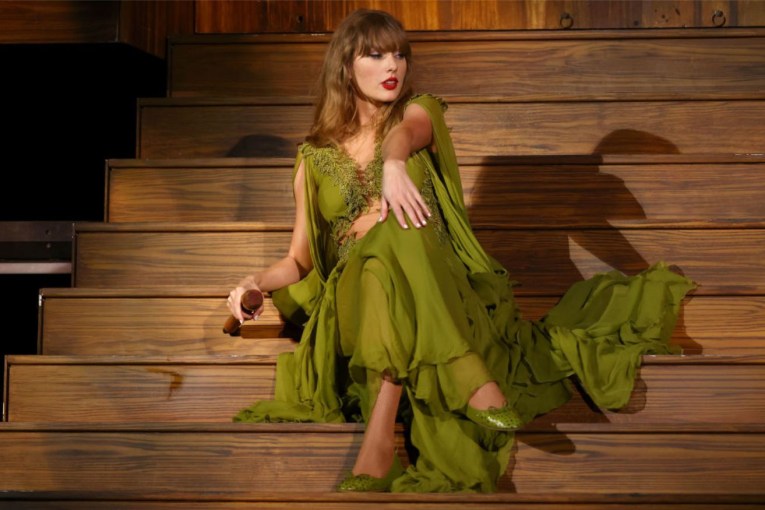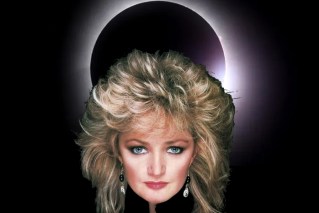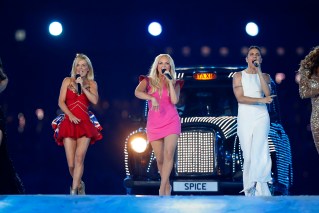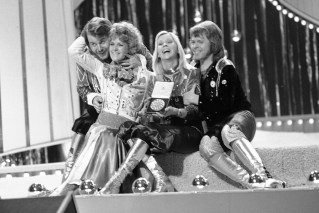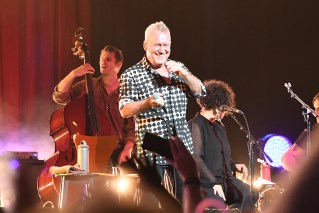Eurovision winner demands drug test amid cocaine speculation

The Italian rock band that won the Eurovision Song Contest returned home on Sunday to the adulation of fans and so much speculation that the lead singer had snorted cocaine during the show that he offered to take a drug test.
Maneskin lead singer Damiano David strongly denied he had taken drugs during Saturday’s live television broadcast.
But he offered to take a drug test upon his return to Rome to put the matter to rest and refute social media speculation fuelled by footage of him bending over a table during the competition.
Asked at a post-victory news conference whether he’d snorted cocaine, David said he did not use drugs and indicated that he’d bent over because another band member had broken a glass at their feet.
Eurovision confirmed that broken glass was found under the band’s table.
But the drug speculation failed to dampen the praise that poured in Sunday from the Italian establishment for the victory of the rather anti-establishment group Maneskin, a glam rock band that got its start busking on Rome’s main shopping drag.
Their win gave Italy a sorely needed boost after a dreadful year as one of the countries worst hit by the coronavirus.
The band was the bookmakers’ favourite going into the Eurovision finale and sealed the win early on Sunday (local time) with the highest popular vote in the enormously entertaining, and incredibly kitsch, annual song festival.
Maneskin, Danish for “moonlight” and a tribute to bass player Victoria De Angelis’ Danish ancestry, won with 529 points. France was second while Switzerland, which led after national juries had voted, finished third.
“Rock’n’roll never dies, tonight we made history. We love u,” the band tweeted before heading back home from Rotterdam, Netherlands, where the 2021 contest was held.
Tweet from @thisismaneskin
Maneskin’s win was only Italy’s third victory in the contest and the first since Toto Cutugno took the honour in 1990. The victory means Italy will host the 2022 competition, with cities bidding for the honour.
Launched in 1956 to foster unity after World War II, Eurovision has evolved over the years from a bland ballad-fest to a campy, feel-good extravaganza. It has grown from seven countries to include more than 40, including non-European nations such as Israel and far-away Australia.
Australia’s 2021 entry, Sydney singer-songwriter Montaigne, was one of several performers who could not travel to the Netherlands for the competition.
Her pre-recorded video performance of her song Technicolour was beamed into the Rotterdam venue and on screens across the world last week. She missed out on a spot in Sunday’s grand final.
-with AAP
